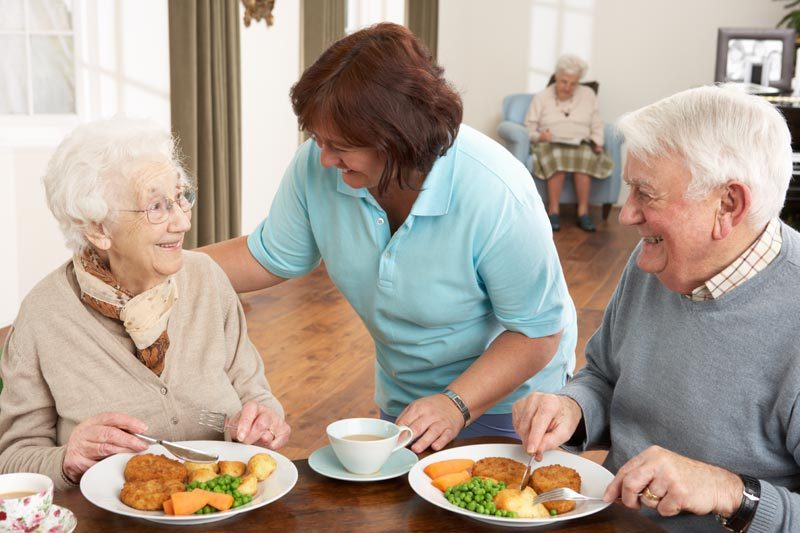A report released by the U.S. Census Bureau reinforces the urgent need to address senior hunger in the U.S. The number of seniors facing the threat of hunger and poverty is increasing and increasing significantly. The Meals On Wheels Association of America (MOWAA) believes the recent data sheds light on a problem that is often ignored, hidden and underreported.
Using a new poverty measure, which takes into account expenditures such as utilities, housing, federal non-cash benefits, and out of pocket medical expenses, the Census Bureau found the number of Americans in poverty increased slightly from 15.2 percent, as reported in September, to 16 percent or 50 million people. However for seniors, the poverty rate nearly doubled from 9 percent to 16 percent under the new measure.
These latest figures underscore the need to focus national attention on the issue of senior hunger in America and to strengthen our resolve to address it before it worsens. Evidence indicates that the number of seniors facing the threat of hunger has grown significantly as the economy has worsened and more seniors have experienced poverty. “Our Meals On Wheels programs across the country see firsthand the struggles seniors face each and every day,” said Enid Borden, President and CEO of MOWAA. “As poverty rises among the elderly, the demand on our local Meals On Wheels programs will only increase. And this demand comes at a time when our programs are already struggling to meet the need. The real tragedy and concern about the growth in seniors in poverty is the fact that, once they fall into it, they are unlikely to move back out of it. Savings are depleted, resources are gone and there really is no hope for better days or a new job around the corner. ”
According to the new report, the poverty rate among children dropped from about 22 percent to 18 percent. While the causes for this decrease have not been enumerated, this is positive news and may demonstrate the effectiveness of social safety net programs for children and their families. Unfortunately, the same kind of anti-hunger safety net does not exist for the elderly. Many federal nutrition programs are often targeted towards low-income children, women and families and are not designed to address the specific needs of seniors, particularly those who are homebound and cannot cook for themselves. “As Americans, I believe it is our moral imperative to take care of those who have raised us, taught us, and fed us. Our seniors need our help and they need it now.” Borden said.
About Meals On Wheels
The Meals On Wheels Association of America (MOWAA) is a national organization and network representing 5,000 Meals On Wheels programs that serve over one million meals every day to seniors across the country. We are working to put an end to senior hunger by delivering nutritious meals and providing compassion to seniors who need them – our teachers, our farmers, our veterans, our neighbors, our friends, our families, our communities. To learn more about MOWAA, please visit our website at www.mowaa.org
U.S. Census Report Reveals High Poverty Among Seniors



